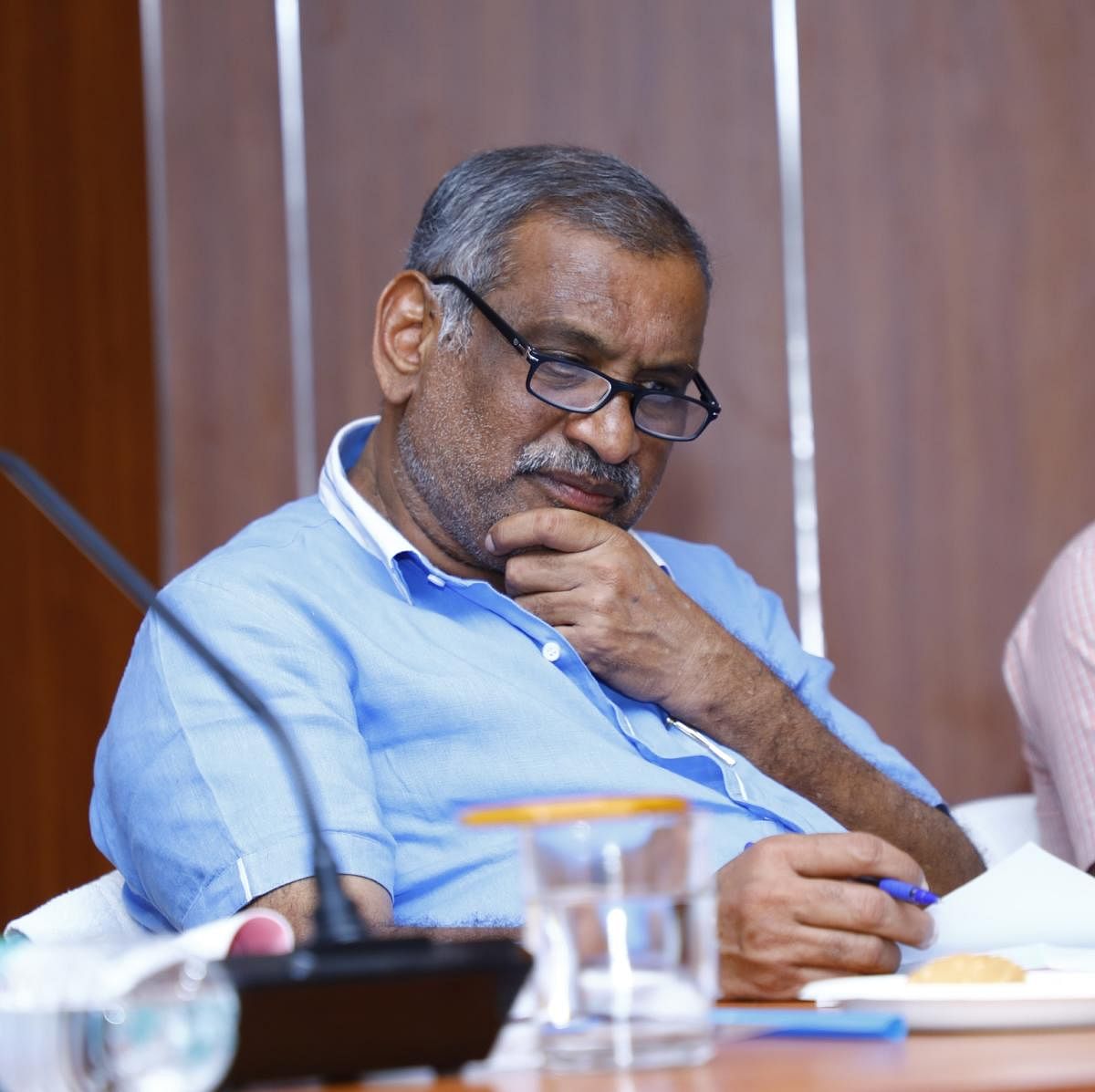
The Cabinet decided Monday that 25% of seats at the National Law School of India University (NLSIU) should be reserved for Karnataka students.
The reservation will apply to any student who has studied for ten years in Karnataka, Law Minister JC Madhuswamy said, briefing reporters after the Cabinet meeting.
To this effect, the Cabinet approved an amendment to the National Law School of India University Act, 1986. The amendment Bill will be tabled in the next session of the legislature, Madhuswamy said.
When contacted, NLSIU vice-chancellor Sudhir Krishnaswamy declined to comment saying he needed to go through the amendment Bill.
The NLSIU has 80 undergraduate and 50 postgraduate seats and another 50 in the masters course on public policy. Students are admitted based on a national-level Common Law Admission Test (CLAT).
This will be the government's second attempt to get the premier law school to reserve seats for local students.
In June 2017, when the Congress was in power, the state legislature passed an amendment seeking to reserve 50% seats for local students at the law school. Subsequently, Governor Vajubhai R Vala returned the Bill to the government on technical grounds.
The Siddaramaiah-led Congress government wanted 30% of seats at the law school reserved for local students. The earlier Bill defined ‘domicile’ as a student whose either parent resided in Karnataka for at least ten years before the qualifying examination and the student had to have studied in a recognized educational institute in the state for five years.
The BJP, then in the Opposition, demanded that the reservation be increased to 50% and domicile brought down to seven years. Both demands were incorporated and the Bill was passed unopposed.
“At present, there are no benefits for Karnataka students at NLSIU,” Madhuswamy said. “The earlier Bill was rejected on the grounds that you can’t have a regional reservation. Instead, you can have an institutional reservation. So, any student who has compulsorily studied for ten years in Karnataka can apply for admission under the 25% reservation,” he explained.
The NLS Student Bar Association had, then, flayed the 2017 Bill. It argued that the “extraordinary measure...will surely strike a blow to the countless number of meritorious aspirants who wish to be a part of the university.”
